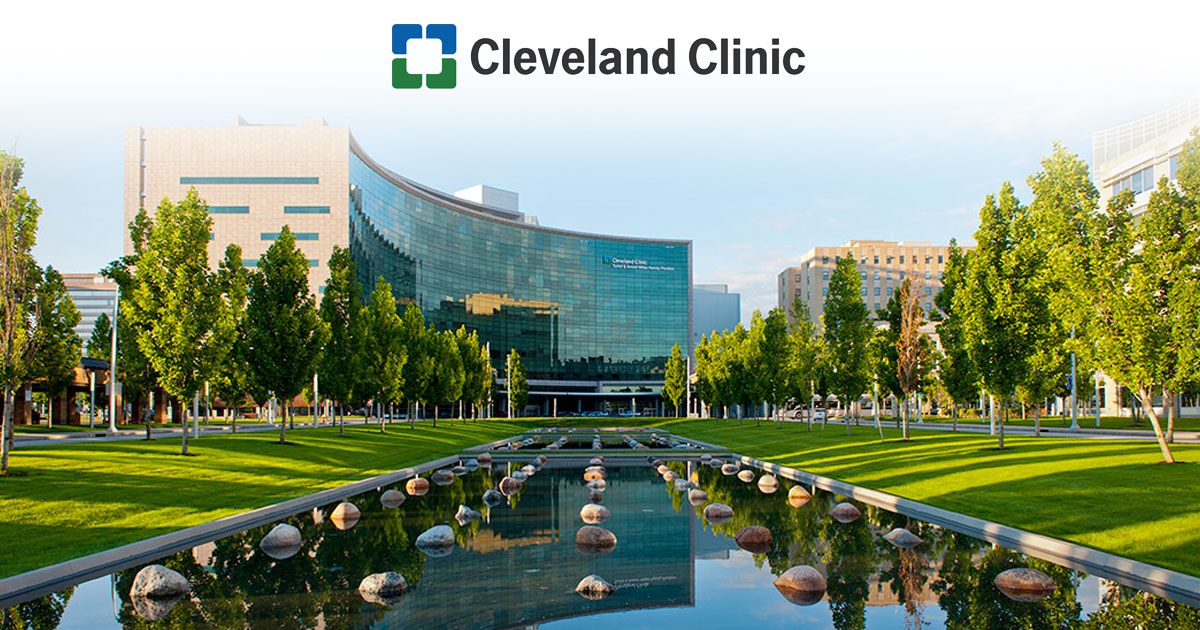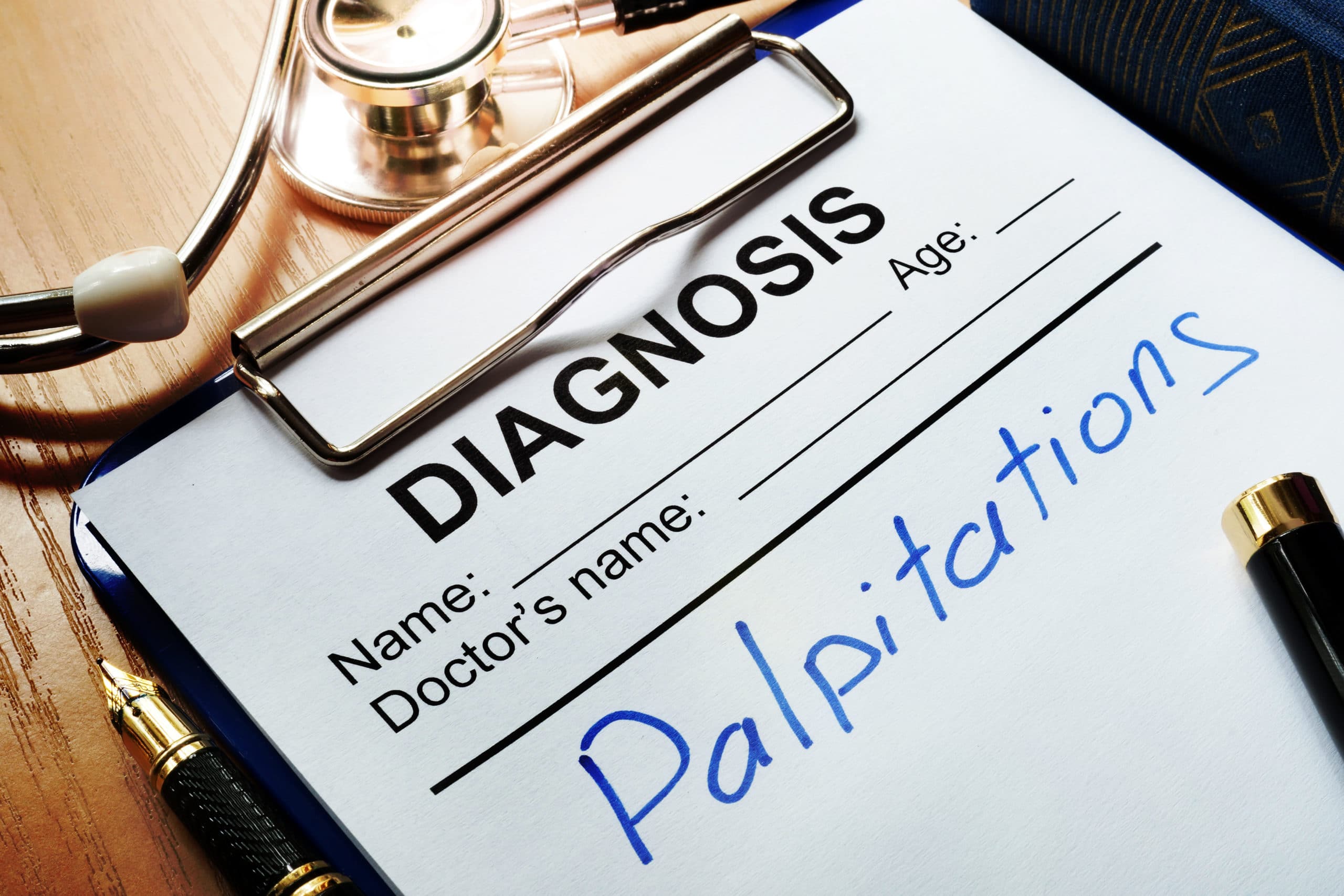Eating too quickly and consuming large portions of food can lead to a medical condition known as arrhythmia after eating. Also known as postprandial arrhythmias, this condition is the result of an abnormal heartbeat, typically caused by the ingestion or digestion of food.

Table Of Content:
- Heart Palpitations: Causes, Treatments, After Eating, Lying Down
- Heart Palpitations After Eating
- Heart palpitations after eating: Causes and when to see a doctor
- Heart Palpitations After Eating
- 6 Things to Avoid Eating (and Drinking) with Arrhythmia | Mercy
- Heart Palpitations After Eating: Concerns, Diagnosis & Treatment ...
- Arrhythmias: Foods That Affect Heart Rate - Topic Overview
- Why Do I Get Heart Palpitations after Eating? | Denver, CO
- 7 common Afib triggers that may surprise you
- 5 Surprising Triggers for Afib | Everyday Health
1. Heart Palpitations: Causes, Treatments, After Eating, Lying Down
https://www.webmd.com/heart-disease/guide/what-causes-heart-palpitations Jul 20, 2021 ... Some people have palpitations after heavy meals rich in carbohydrates, sugar, or fat. Sometimes, eating foods with a lot of monosodium ...
Jul 20, 2021 ... Some people have palpitations after heavy meals rich in carbohydrates, sugar, or fat. Sometimes, eating foods with a lot of monosodium ...
2. Heart Palpitations After Eating
https://my.clevelandclinic.org/health/diseases/22416-heart-palpitations-after-eating Feb 13, 2022 ... Heart palpitations after eating are very common. They may occur if you have food allergies or sensitivities. An increased heart rate happens to ...
Feb 13, 2022 ... Heart palpitations after eating are very common. They may occur if you have food allergies or sensitivities. An increased heart rate happens to ...
3. Heart palpitations after eating: Causes and when to see a doctor
https://www.medicalnewstoday.com/articles/322262 A diet high in saturated fat may causeTrusted Source an arrhythmia. Also, a diet low in carbohydrates could increase the risk of the condition as well.
A diet high in saturated fat may causeTrusted Source an arrhythmia. Also, a diet low in carbohydrates could increase the risk of the condition as well.
4. Heart Palpitations After Eating
https://www.healthline.com/health/heart-disease/heart-palpitations-after-eating Heart palpitations after eating may be related to the meal experience rather than the food. Palpitations can occurTrusted Source due to the act of swallowing.
Heart palpitations after eating may be related to the meal experience rather than the food. Palpitations can occurTrusted Source due to the act of swallowing.
5. 6 Things to Avoid Eating (and Drinking) with Arrhythmia | Mercy
https://www.mercy.net/service/atrial-fibrillation/6-things-to-avoid-eating-and-drinking-with-arrhythmia/
Oversized portions. Eating large meals can lead to heartburn, which can lead to atrial fibrillation. In general, it's better to eat smaller portions throughout ...
6. Heart Palpitations After Eating: Concerns, Diagnosis & Treatment ...
https://health.usnews.com/conditions/heart-disease/heart-palpitations/articles/heart-palpitations-after-eating-when-to-be-concerned Heart palpitations can sometimes happen after eating. "When you eat, the body increases blood flow to the digestive system, which can lead to an increase in ...
Heart palpitations can sometimes happen after eating. "When you eat, the body increases blood flow to the digestive system, which can lead to an increase in ...
7. Arrhythmias: Foods That Affect Heart Rate - Topic Overview
https://wa.kaiserpermanente.org/kbase/topic.jhtml?docId=te7167abc
Eating certain foods and drinking certain beverages may provoke your arrhythmia. Be aware of which substances have an effect on your arrhythmia and how to ...
8. Why Do I Get Heart Palpitations after Eating? | Denver, CO
https://southdenver.com/why-do-i-get-heart-palpitations-after-eating/ If you have low blood sugar (hypoglycemia), foods high in processed sugars and carbohydrates can trigger heart palpitations. These foods can force your blood ...
If you have low blood sugar (hypoglycemia), foods high in processed sugars and carbohydrates can trigger heart palpitations. These foods can force your blood ...
9. 7 common Afib triggers that may surprise you
https://healthblog.uofmhealth.org/heart-health/7-common-afib-triggers-may-surprise-you May 26, 2022 ... For some individuals, consuming a large meal can cause gastrointestinal problems. These, in turn, can stimulate the vagus nerve, which connects ...
May 26, 2022 ... For some individuals, consuming a large meal can cause gastrointestinal problems. These, in turn, can stimulate the vagus nerve, which connects ...
10. 5 Surprising Triggers for Afib | Everyday Health
https://www.everydayhealth.com/hs/atrial-fibrillation-and-stroke/surprising-atrial-fibrillation-triggers/ Nov 21, 2018 ... “In some cases, patients experience increased afib episodes after eating cold foods like ice cream or cold drinks.
Nov 21, 2018 ... “In some cases, patients experience increased afib episodes after eating cold foods like ice cream or cold drinks.
What causes arrhythmia after eating?
Arrhythmia after eating is usually caused by overeating or eating too quickly, resulting in an abnormally high heart rate. It may also be caused by underlying digestive issues such as GERD or acid reflux disease.
What are the symptoms of arrhythmia after eating?
The most common symptom of arrhythmia after eating is palpitations or an irregular heart rhythm. Other symptoms include dizziness, shortness of breath, nausea, and sweating.
Is arrhythmia after eating dangerous?
While it can be uncomfortable and cause some discomfort, arrhythmia after eating generally isn't serious or life-threatening. However, if your symptoms persist for more than 24 hours it's important to seek medical attention right away in order to rule out any other potential causes.
How can I prevent arrhythmia after meals?
Eating smaller portions and taking your time while you eat can help prevent postprandial arrhythmias from occurring. If you have GERD or acid reflux disease it's important to learn how to manage these conditions properly prior to meals in order to reduce your risk for developing postprandial arrhythmias. Additionally, avoid drinking alcohol and caffeine prior to meals in order to reduce the likelihood of developing an abnormal heartbeat.
How is arrhythmia after meals treated?
Treatment for postprandial arrhythmias typically involves lifestyle modifications such as avoiding large meals and cutting back on caffeine and alcohol consumption prior to meals. Medications such as beta blockers may also be used if needed. Additionally, remodeling treatments such as ablation may also be utilized if medications are not effective at controlling your condition.
Conclusion:
Arrhythmia after eating is a fairly common medical condition that affects many people worldwide but it can often be managed with lifestyle modifications and medications when necessary. If you think that you might be suffering from postprandial arrhythmias it’s important to speak with your doctor about potential treatment options right away so that you can find relief sooner rather than later.
